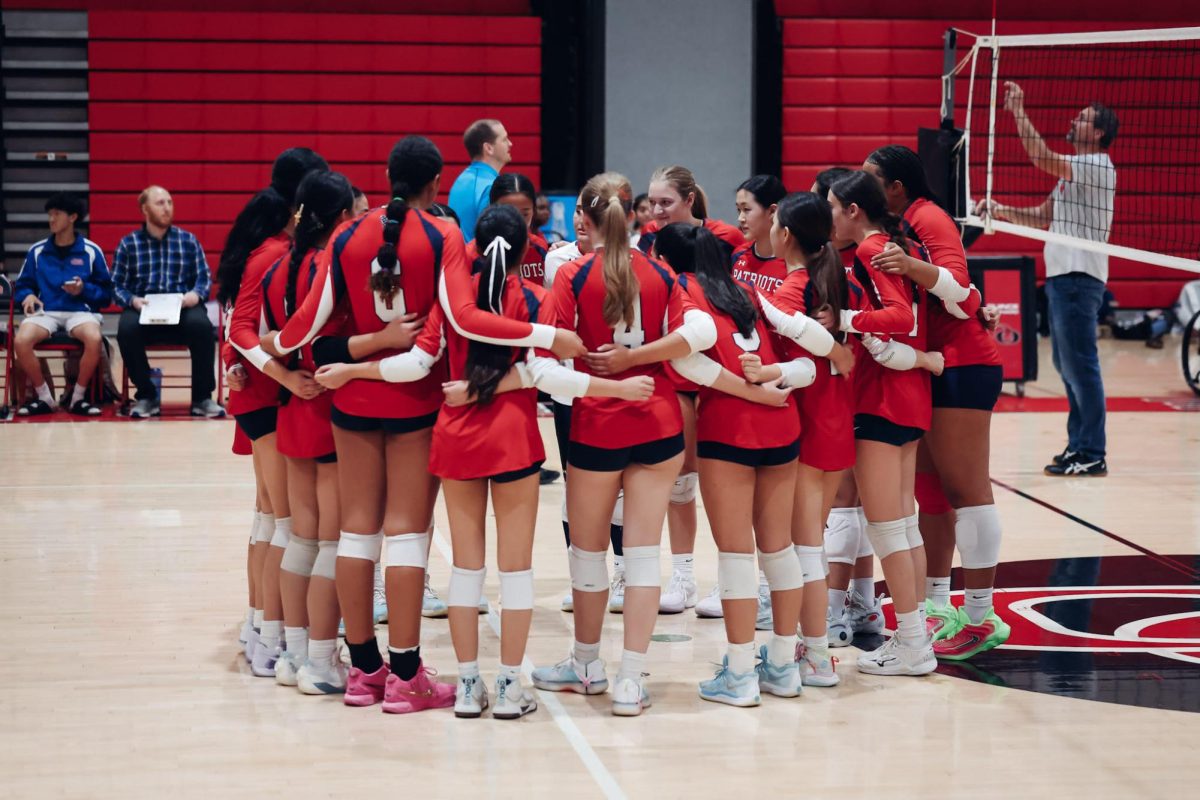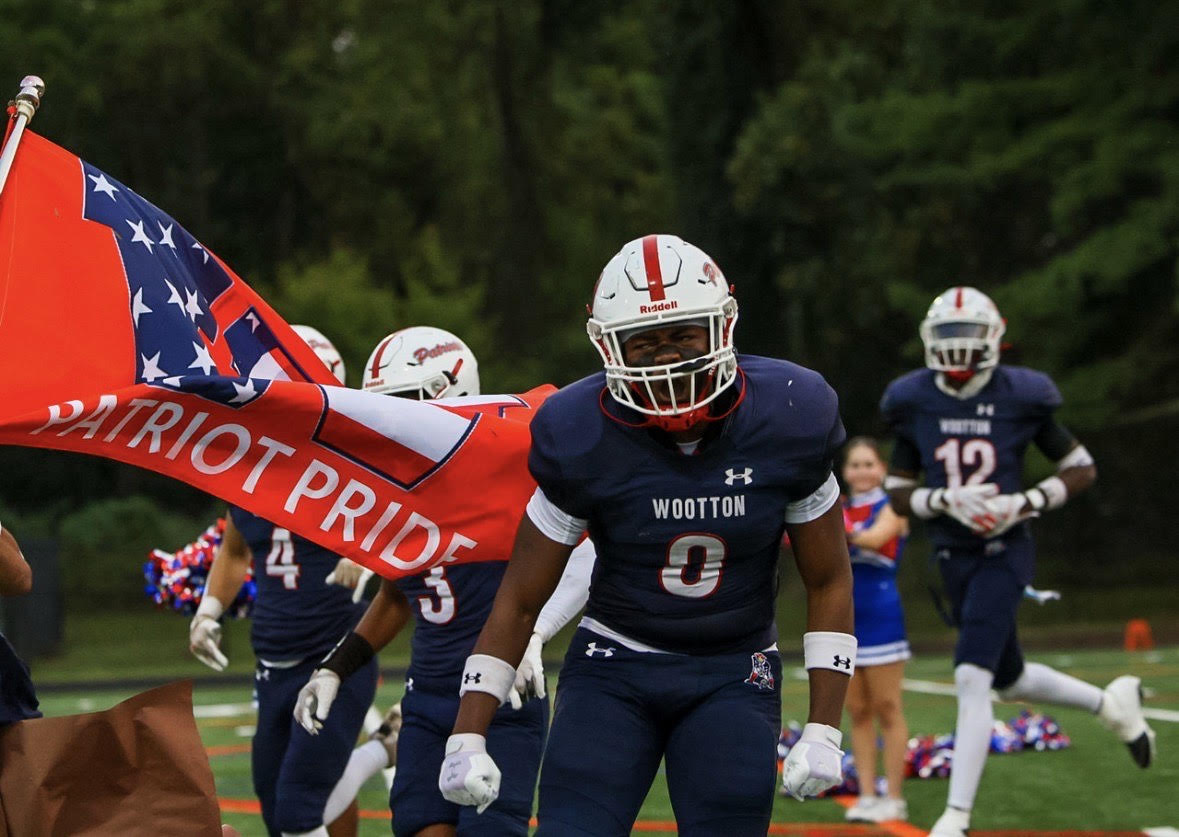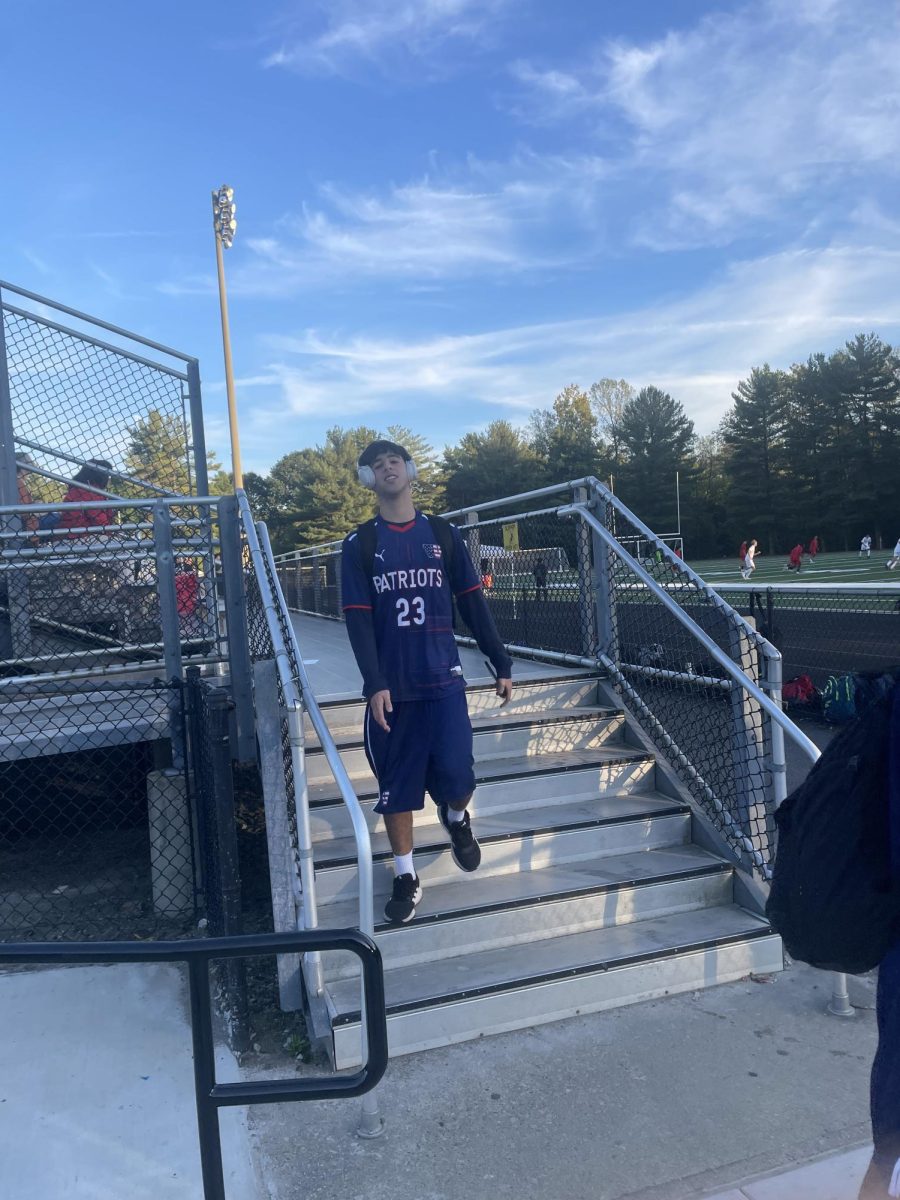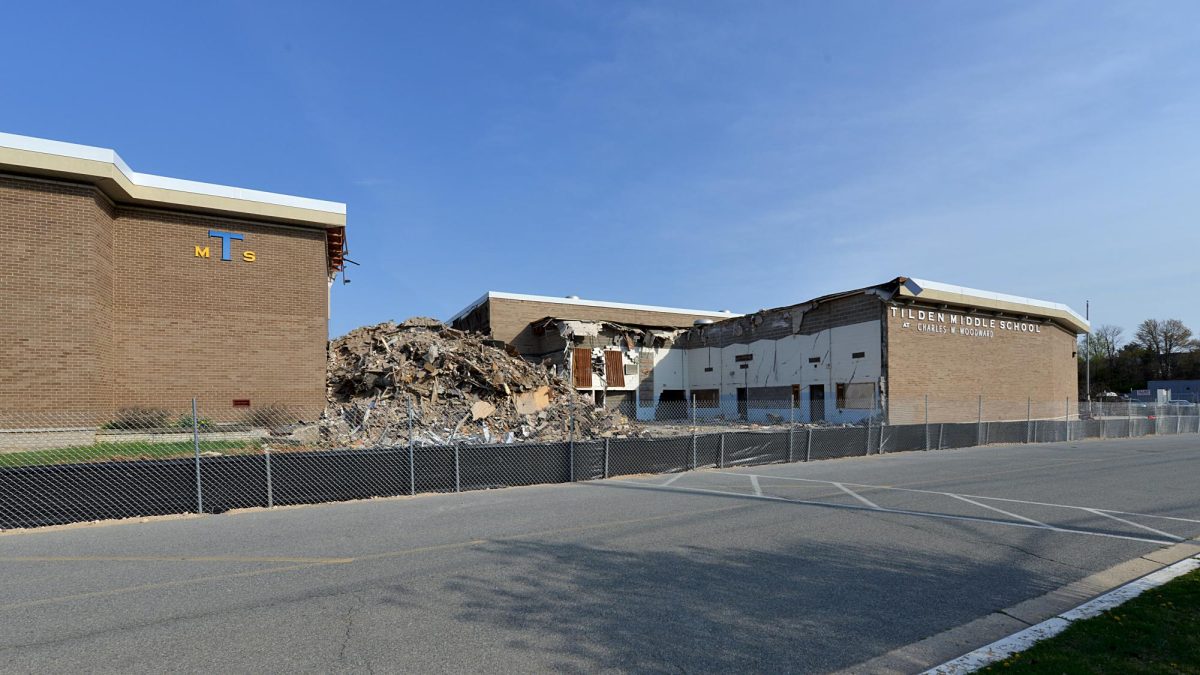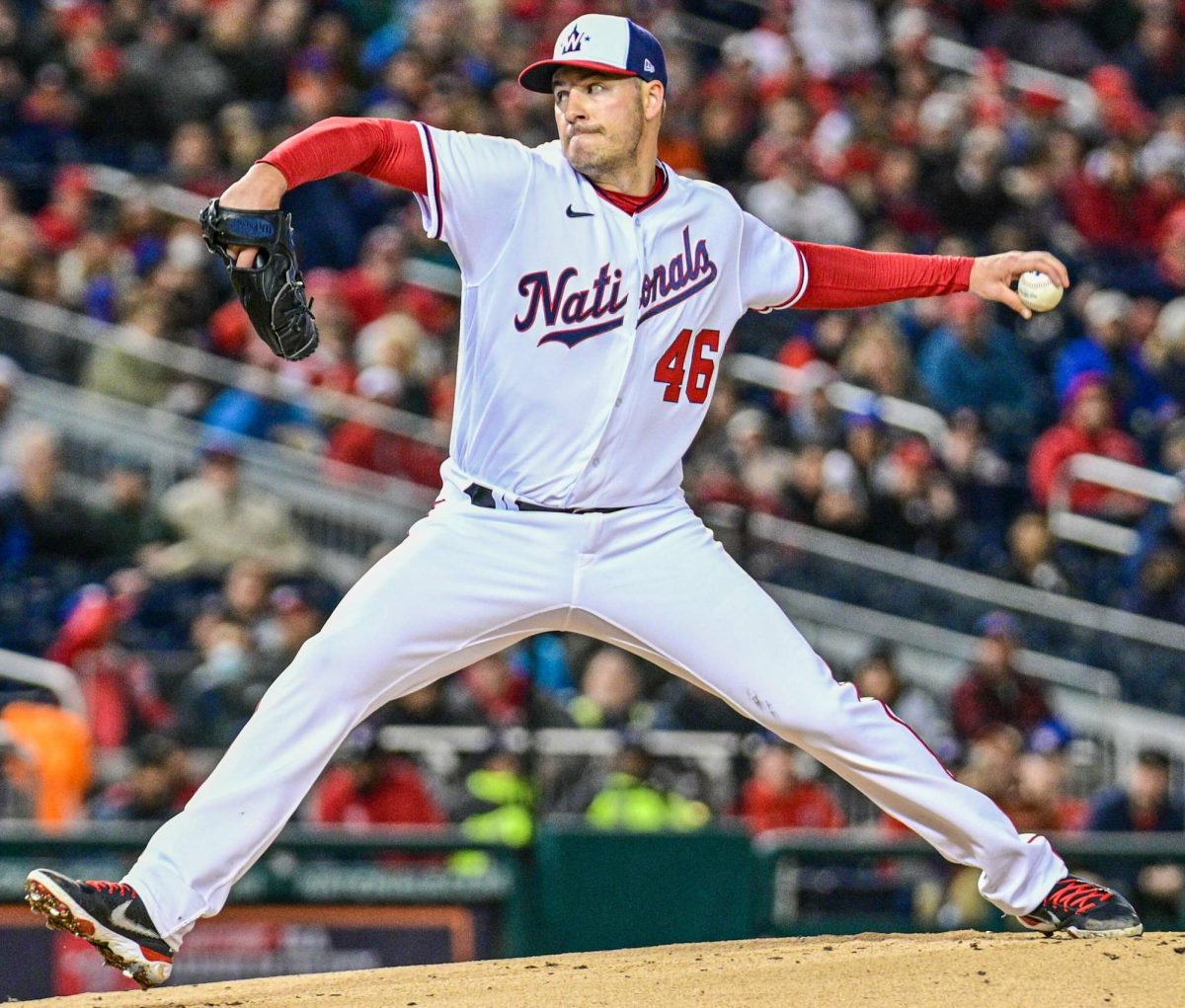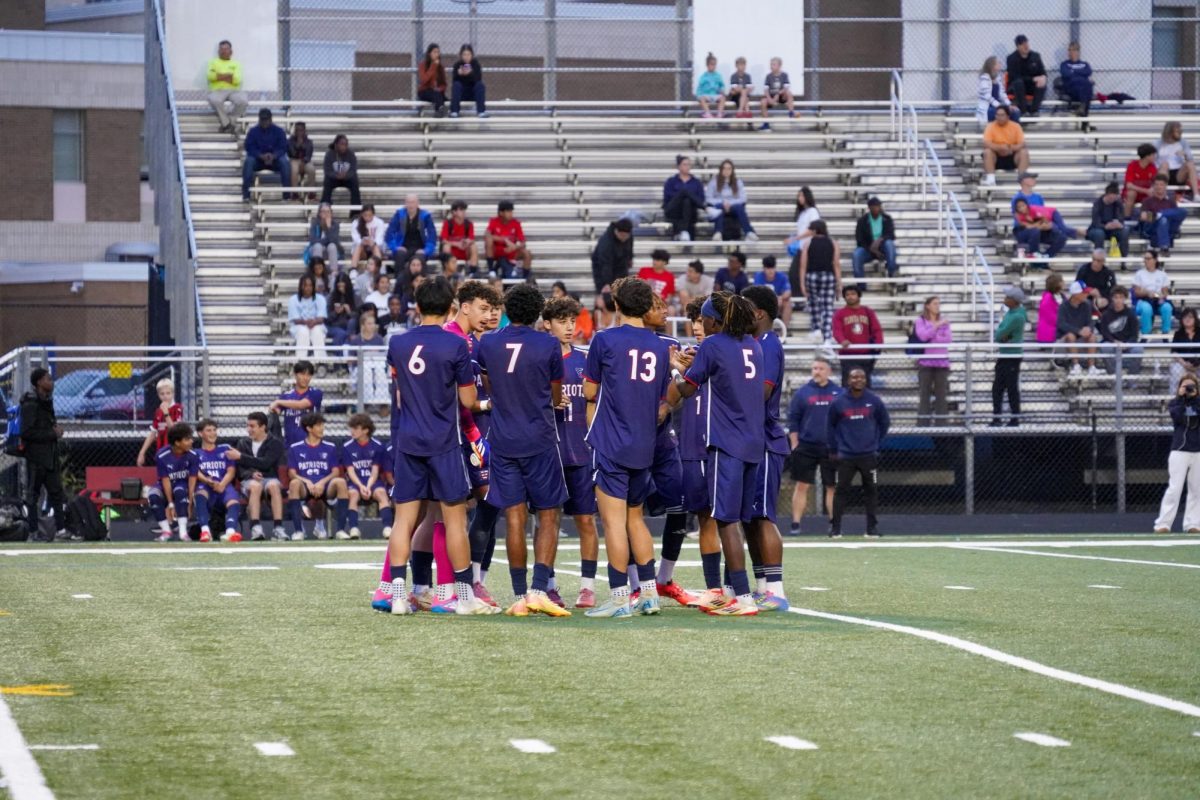Do you consider yourself a leader? Who on your team or on the field do you consider a leader? Think about the reasons why you believe these people are leaders. Is it because they are vocal? Or is it because they lead by example? The truth is that there are five different types of leaders that all teams need.
The first leader is the one that is most acknowledged and well known. This is the performance leader: these are the people who take charge of your practice, who are vocal and make sure everyone is on the same track. The performance leaders keep the team on task and make sure the end goal is known. The performance leaders are not just vocal but they perform to the highest level; they are usually the most committed and motivated. According to Janssen Sports Leadership center, Carolina women’s soccer coach said, “The most attractive type of leadership to me is the student-athlete who is a coach on the field. I want a driving verbal force who won’t let standards slip.”
The second type of leader is a locker room leader. This is the type of person who might not be the best player but creates a positive culture for the team or for the school. This person takes pride in the program and in the team, so if anyone misbehaves the locker room leader will stand up and make sure to tell them to stay in line. The most important thing for a locker room leader is that they keep the team together on the field and off the field; while the performance may yell at individual players on the field, the locker room leader is vocal when the team is down, when they are losing or struggling. “Molly Gleicher remains spirited whether we are winning or losing,” junior lacrosse midfielder Darcey Touchette said.
Without this third leader impossible for the team to properly win and function. A chemistry leader makes sure that the people on the team are close and tight knit. These are the people who plan dinners or events with the team, or look to get to know their teammates not only on the field but off the field as well. On a team there are going to be players and teammates who are closer than others, but the chemistry leaders job is to make sure that everyone remains tight.
The organizational leader is most likely the least acknowledged on your team, but is still important. This is the person who keeps the team involved in more than just themselves; they want to help out in the community.
Lastly the reserve leaders manage the frustrations that happen on the bench. They do not play, but make a huge impact on the culture of the team. They do not receive much attention for being a good leader, because only the players on the team understand the importance of what they do and who they lead. Teams that fall apart usually start with the bench. The reserve leaders keep the team in order.
Think about your team and the people who play these important roles and recognize the importance of what they do.



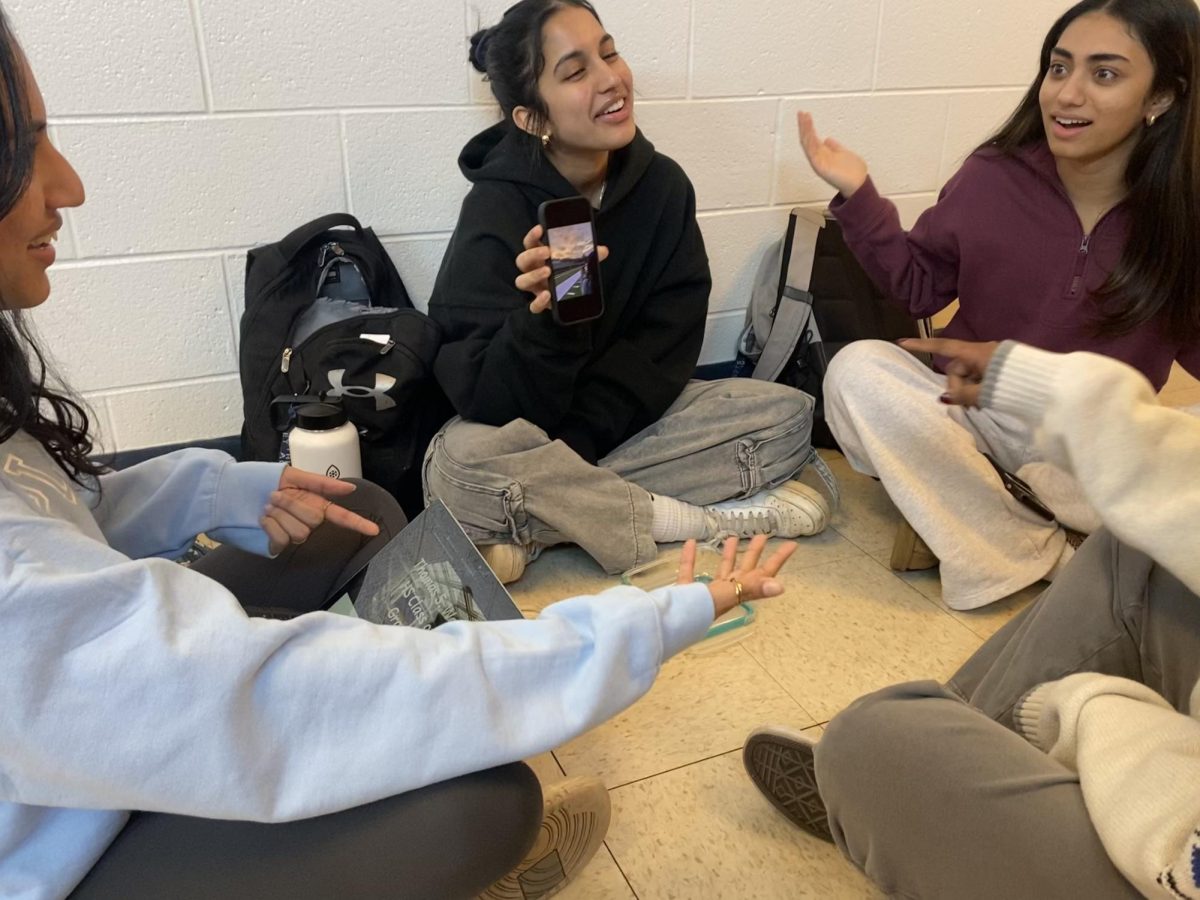
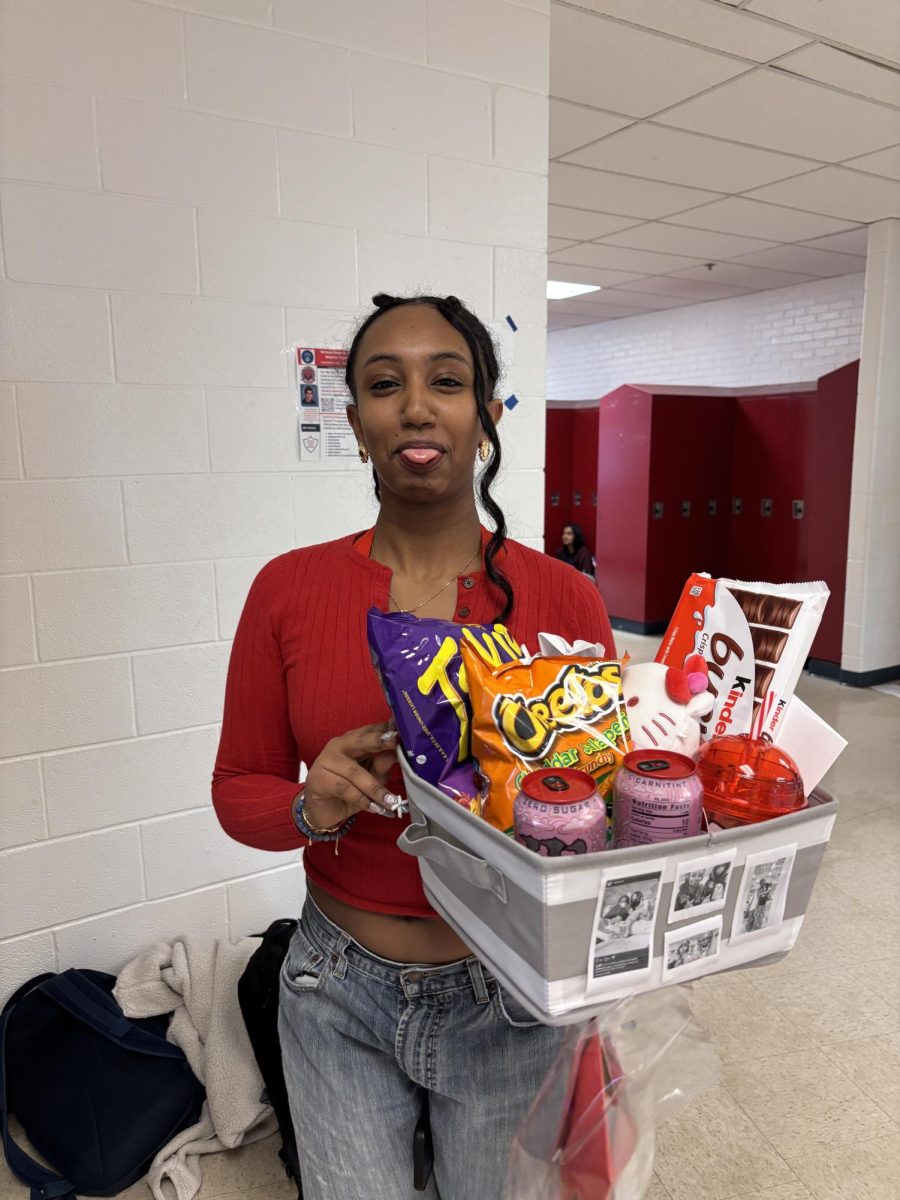


![Junior Grace Song rewatches the trailer for Anora. Promoted as "A Love Story from Sean Baker," it is the eighth feature film under Baker's belt starring Mikey Madison in the titular role. "[Anora] accurately represents women overseen and easily taken advantage of. It emotionally enticed me. The ending is so good," Song said.](https://woottoncommonsense.com/wp-content/uploads/2024/11/Rc5RQTdjtUFtyT7IyQe1rSxkpOTc6NoksY8jtoop-e1732201365565-1200x900.jpg)
